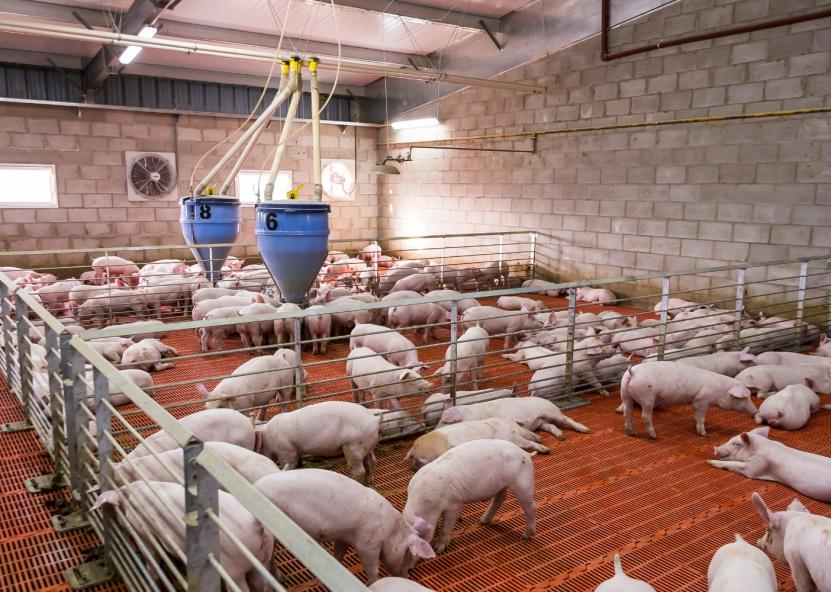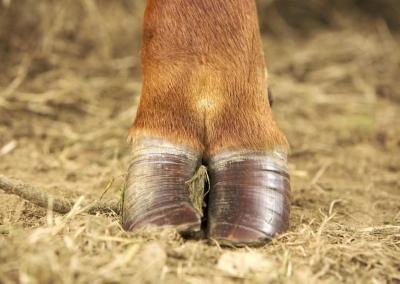South Korea bans pork imports from Germany due to foot-and-mouth disease
South Korea's Ministry of Agriculture has banned the importation of German pork due to an outbreak of foot-and-mouth disease in Germany. A case of the disease was recorded on Friday in a herd of oxen in the German state of Brandenburg.
On Saturday, the ministry announced that the ban would take effect immediately.
In addition, all German pork products delivered to South Korea since 27 December will be tested for the virus. Some 360 tonnes of German pork are currently under quarantine.
The outbreak was reported in the town of Hönow near Berlin. Pigs and other ungulates in the area were slaughtered as a precautionary measure.
The disease is not dangerous for humans, but it can have a devastating effect on livestock and cause severe economic damage to farmers.
This is the first known case of foot-and-mouth disease in Germany since 1988 and the first in the state of Brandenburg.
South Korea has traditionally been considered the main export market for German pig meat in Asia. In 2019, the country imported around 106,000 tonnes of pork from Germany. Due to the outbreak of African swine fever in 2020, imports were suspended until spring 2023.
According to the Federal Agriculture and Food Service, Germany sold around 2.3 million tonnes of pig meat abroad last year. Most of these exports were to European countries. Italy is the largest buyer of German pigmeat, followed by Poland and the Netherlands in second and third place.















































































































